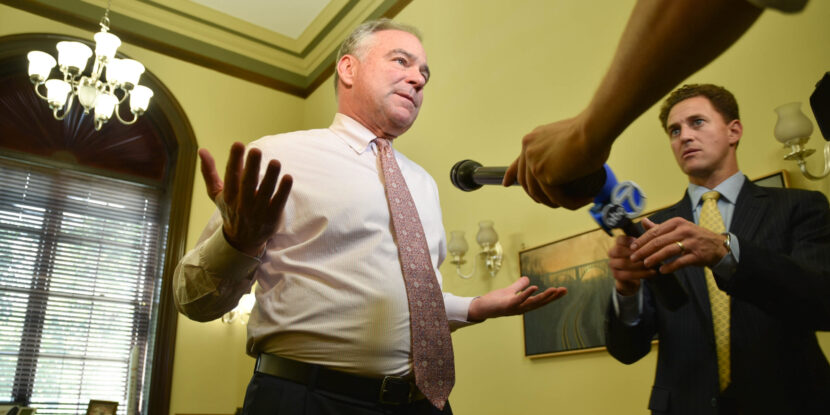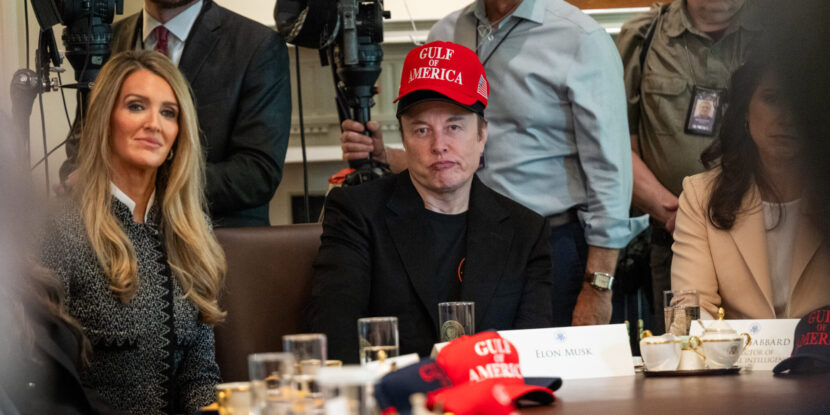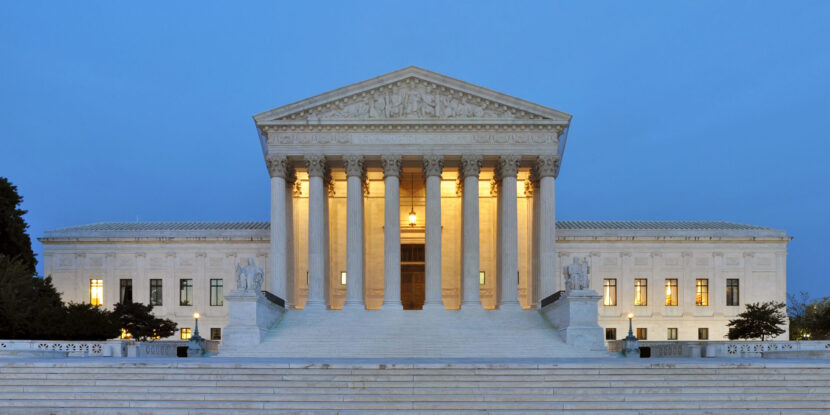❓WHAT HAPPENED: The United States Senate took up a war powers resolution authored by Senator Tim Kaine (D-VA) aimed at forcing the removal of U.S. armed forces from unauthorized hostilities against Iran.
👤WHO WAS INVOLVED: The U.S. Senate, Senator Tim Kaine (D-VA), Sen. Rand Paul (R-KY), President Donald J. Trump, the U.S. military, and the Islamic Republic of Iran.
📍WHEN & WHERE: The vote occurred on Wednesday, March 4, 2026.
🎯IMPACT: The attempt to discharge the resolution and bring it to the floor failed 48 to 52.
The United States Senate took up a war powers resolution authored by Senator Tim Kaine (D-VA) aimed at forcing the removal of U.S. armed forces from unauthorized hostilities against Iran. In effect, the Democrat-backed resolution would require President Donald J. Trump to cease military action unless Congress passes a declaration of war or specific authorization; however, the measure failed on the floor after Kaine pushed for its discharge from committee.
Sen. Kaine’s resolution saw little support from Senate Republicans, with only Sen. Rand Paul (R-KY) cosponsoring the measure, and receiving only 47 votes in favor on the floor. Notably, a number of lawmakers objected to the resolution’s overly constricting language that they contend would effectively and immediately end all military actions against Iran, including Sen. John Fetterman (D-PA).
Over the weekend, President Donald J. Trump authorized military strikes against the Islamic Republic of Iran, with initial U.S.-Israeli joint airstrikes killing around 40 of the Islamist regime’s top leaders—including its Supreme Leader, Grand Ayatollah Ali Khamenei. The ongoing military operation has significantly degraded Iran’s air defenses, air force, and navy, with the regime possibly facing incursions by Kurdish fighters from Iraq as well.
“The regime’s proxies have continued to launch countless attacks against American forces stationed in the Middle East in recent years, as well as U.S. Naval and commercial vessels in international shipping lanes. It’s been mass terror, and we’re not going to put up with it any longer,” President Trump said on Saturday after the U.S. and Israeli strikes had begun.
Speaking to the Iranian people, Trump stated, “Finally, to the great proud people of Iran, I say tonight that the hour of your freedom is at hand. Stay sheltered, don’t leave your home. It’s very dangerous outside. Bombs will be dropping everywhere. When we are finished, take over your government. It will be yours to take. This will be probably your only chance for generations.”
Join Pulse+ to comment below, and receive exclusive e-mail analyses.
















